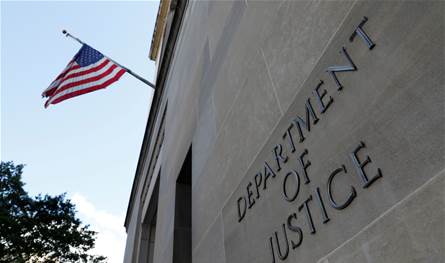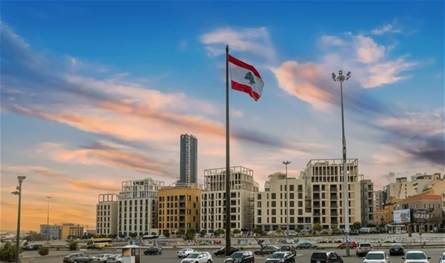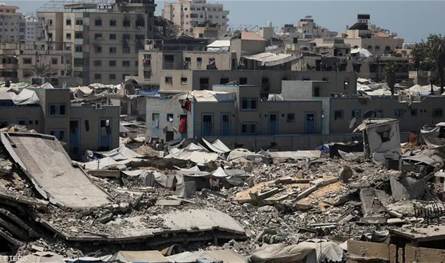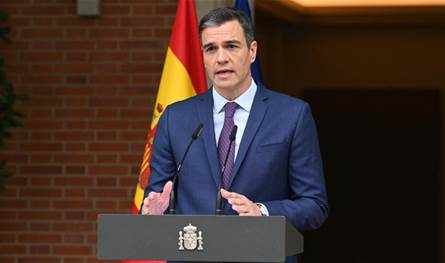961 Today

Reuters, citing four Palestinian sources, revealed that the Hamas movement’s decision to release Israeli detainees without written guarantees came after direct intervention by US President Donald Trump. Trumpwho exerted unprecedented pressure on Israeli Prime Minister Benjamin Netanyahu and Qatari Prime Minister Mohammed bin Abdulrahman Al Thani, in a series of communications that were described as “decisive.”
According to the report, the turning point came after the “Doha Incident” last month, when Israel launched a raid on the Qatari capital targeting Hamas leaders, including the head of the negotiating team, Khalil Al-Hayya, but it failed to kill them, and resulted in the death of civilians. The raid angered Trump, who demanded that Netanyahu formally apologize to the Qatari prime minister, a call that later became known as the “apology call.” The sources confirmed that this step made the Hamas leadership realize that Trump “actually stands in the face of Netanyahu,” and that he can be relied upon to impose any agreement reached.
When the indirect negotiations between the two sides faltered in Sharm El-Sheikh, Qatari Prime Minister Mohammed bin Abdulrahman Al Thani decided to go there personally, where Trump called three times in a row during the closing session, which was also attended by his advisor and son-in-law Jared Kushner and the special envoy Steve Witkoff, along with representatives of Egypt, Turkey and Qatar, including the head of Turkish intelligence, Ibrahim Kalin, who is close to President Recep Tayyip. Erdogan.
During those discussions, Trump offered verbal guarantees to Qatar that Israel would not attack its territory again, which strengthened Hamas’ confidence in the seriousness of the truce. The movement also cited a previous position of the US President during the war between Israel and Iran last June, when he publicly ordered Israeli planes to return to their bases, considering this incident as evidence that “Trump, despite his showy nature, actually implements what he says.”
According to the sources, the Hamas leadership was convinced during the talks that the continued detention of hostages had become a political and moral burden, and that their release would remove from Israel the pretext to resume the war. A senior Palestinian official explained that the movement had reached the conviction that the hostages were no longer a “negotiating card” but rather a “burden on its image,” and that their release would make Israel lose international legitimacy to continue the attack.
However, no written guarantees were signed, as Hamas was content with verbal pledges conveyed by the United States and the mediating countries – Egypt, Qatar and Turkey – that Trump would not allow renewed fighting after the implementation of the first phase of the agreement.
The new deal, according to Palestinian officials, is a “risky bet,” as Israel will maintain its military presence in about half of the territory of the Gaza Strip, while the demand to disarm Hamas has been postponed to later stages. However, the atmosphere this time is different from the ceasefire agreement last January, which collapsed after Trump demanded that Hamas release all the hostages at once and threatened “hell” on Gaza if it did not do so.
Now, the mediators believe that American, Qatari, and Turkish seriousness, along with direct pressure from Trump himself, has led the parties to be convinced that the agreement this time may hold. Speaking to Reuters, a senior Hamas leader pointed out that “the stakes are big, but this time it seems that Trump really means what he says.”
The post From Netanyahu’s apology to Trump’s gamble… the story of the hours that led Hamas into a trap appeared first on 961 today Lebanon today.










